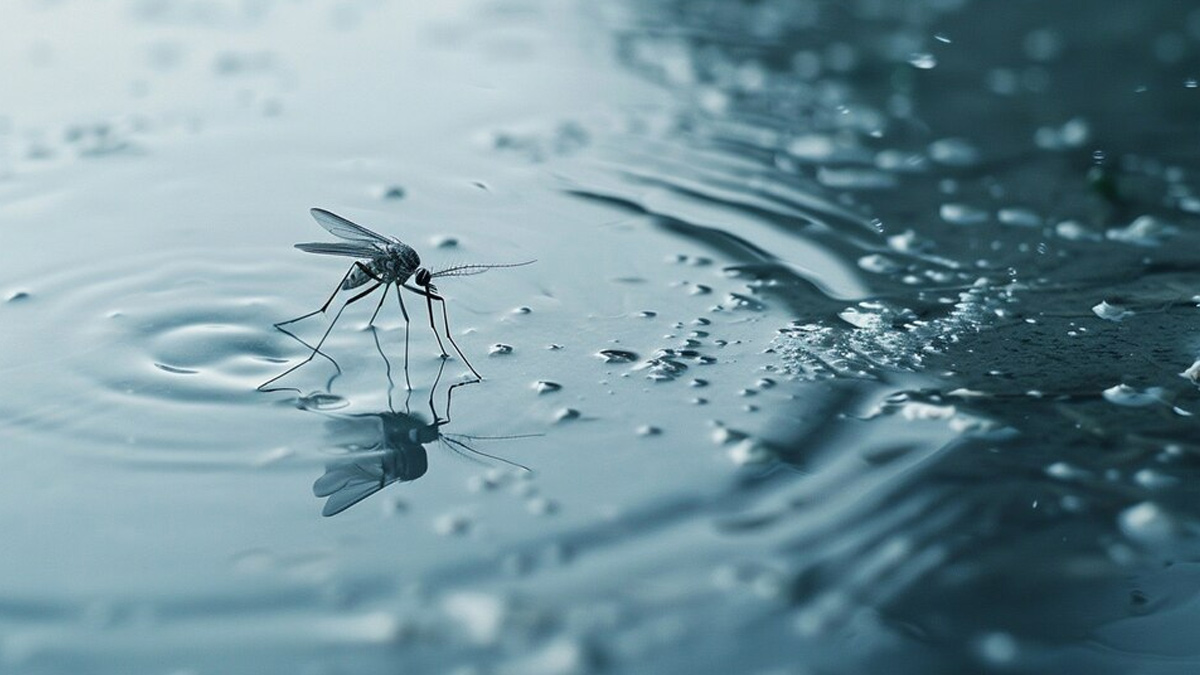The World Health Organization (WHO) has recently certified Egypt as malaria-free, marking a historic milestone in the country’s fight against this ancient disease. WHO’s Director-General, Tedros Adhanom Ghebreyesus, praised Egypt for eradicating malaria after the announcement on 20th October 2024.
While Egypt celebrates this victory, India continues to grapple with the persistent threat of malaria, particularly in rural areas with limited healthcare access.
Studies have also shown that the prevalence of malaria in India is highest in the eastern and central regions of the country. These areas are characterised by high temperatures, humidity, and abundant rainfall, which create ideal breeding conditions for mosquitoes.
According to the National Vector Borne Diseases Control Programme (NVBDCP), India reports an estimate of thousands of malaria cases every year. Although, according to the same report there also has been a significant decline from previous years, malaria still remains a major public health concern in the country. Let’s explore a few tips to prevent malaria especially in Indian children.
Also Read: Bengaluru Sees Spike In Dry Eye Syndrome: How Pollution And Screen Time Are To Blamed
Tips to Prevent Malaria in Indian Children
Protecting children from malaria is crucial in India. We spoke to our expert Dr Sampath Kumar Paediatrician, Kinder Hospital – Bengaluru to shed some light effective strategies to prevent malaria in children. Here is what he shared with us.
Malaria is a serious health concern in India, especially among children. Here are some effective tips to prevent your child from contracting this disease:
Environmental Control
1. Eliminate breeding grounds
Ensure there are no stagnant water bodies around your home, such as old tires, buckets, or flowerpots. These can be breeding grounds for mosquitoes.
2. Keep surroundings clean
Regularly clean your surroundings to prevent mosquito breeding.
3. Repair leaks
Promptly repair any leaks in your home to avoid creating standing water.

Also Read: Breast Cancer Awareness Month: What Is The Role Of Diet In Breast Cancer Prevention?
Personal Protection
1. Mosquito nets
Use insecticide-treated mosquito nets over your child’s bed, especially during nighttime.
2. Protective clothing
Dress your child in long-sleeved shirts and long pants, especially during the evening and night.
3. Insect repellents
Apply mosquito repellents containing DEET or other effective ingredients to your child’s skin. Follow the instructions on the product label.
4. Avoid outdoor activities during peak mosquito hours
Limit your child’s outdoor activities during dusk and dawn, when mosquitoes are most active.
Medical Prevention
1. Consult a healthcare provider
If you’re concerned about your child’s risk of malaria, consult a healthcare provider for advice. They may recommend preventive medication or other measures.
2. Stay up-to-date on vaccinations
Ensure your child is up-to-date on all recommended vaccinations, as some can help protect against malaria.
Community Awareness and Action
Raising awareness about malaria prevention and promoting community participation is essential. Engaging with local communities, schools, and healthcare providers can help ensure that effective measures are implemented and sustained.
Despite the susceptibility of Malaria in India, by adopting these preventive measures and fostering community involvement, India can make significant progress in reducing the burden of malaria and safeguarding the health of its children




